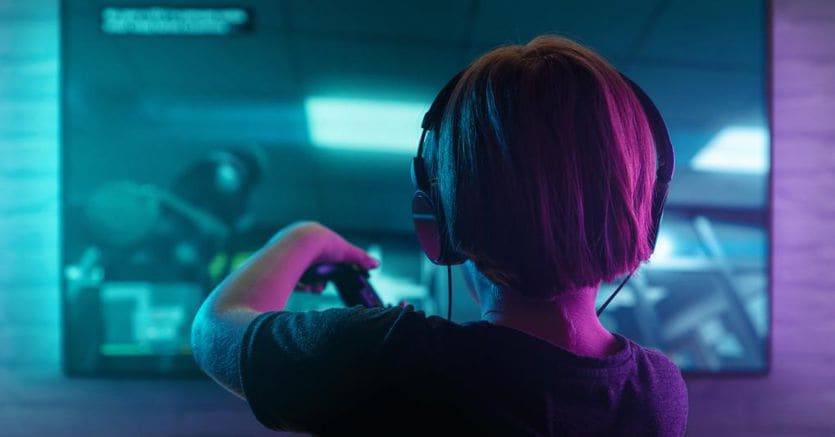What do Italians think about video games? IIdea (the association that brings together the players of the Italian gaming industry) and the Censis research institute asked this. A rather optimistic picture emerged for a country like ours that consumes and produces less video games than other European nations and has always had a sort of cultural skepticism towards technological innovations. For example, for Italians, video games help scientific dissemination (59% think so), they have a therapeutic function for some diseases (58%), they are useful for teaching in schools (52%), they develop new skills (52%) ), promote tourism (56%), help staff selection and evaluation (45%) and support vocational training and skills transfer (44%).
Do Italians like video games?
In practice, little more than one in two Italians really believe that video games can also be useful outside of entertainment tout court. But if we insert the registry variable, things change significantly. For example, 71.6% of Italians who consider video games to be fun becomes 85.9% if we take the 18-34 age group into consideration. While the 52% of Italians who are convinced with the video game’s contribution to “problem solving” rises to 70% in the case of young people and to 58% if we limit ourselves to graduates. So in the perception of the playful medium the fact of age does not count for little.
The economic impact of the video game.
According to the forecasts of Censis, by investing 45 million euros in gaming in five years (the sum provided for by the NRP under the heading of financing of digital service platforms for developers and cultural enterprises), the turnover of Italian companies in the sector would rise to 357 million. of euro in 2026. “A similar intervention – the report reads – would create 1,000 qualified jobs for young people in five years, would activate a total of 360 million euros of private investments and generate 81 million additional tax revenues”. The heart of the report in fact beats in favor of a public intervention to support a lively sector, complex but still too small.
Consumption and production of videogames.
The video game market in Italy has a turnover of almost 2.2 billion euros in 2020, + 21.9% compared to 2019 and double compared to 2016. Considering the national companies and the branches of multinational game manufacturers, in Italy the gaming industry has 160 companies, 1,600 employees (of which 79% are under 36 years old), 90 million in turnover. It is an industry in developmental age condemned like many other innovative companies to look at the international market since 94% of the turnover of professional companies operating in the development of video games for the consumer (B2C) comes from the international market.
ESport chapter
That of eSport is a separate chapter because that of competitive games is a market that globally is gaining more and more popularity but in Italy it is more difficult than elsewhere. And in fact, according to Censis, 58.5% of Italians know or have heard of esports, video game competitions. Among them, 40.5% give a positive opinion, while 17.7% do not love them. Those who know competitive gaming consider it a beautiful form of entertainment (52.4%), a healthy way to compete (40.7%), a tool for developing new skills and abilities (36.7%), a driving force for relatedness (29.1%). For 73.3%, esports are an original experience, different from traditional sports competitions.
“The time has come to shine a light on the gaming sector,” said Massimiliano Valerii, general manager of Censis. «Not only for the significant economic and employment contribution of the Italian video game industry. But also for the social functions that it can perform, hitherto underestimated: from supporting teaching in schools to developing the cognitive abilities of the very young. Italians demonstrate to a large extent that they are aware of this, now a certain stereotypical narrative needs to be renewed ».
